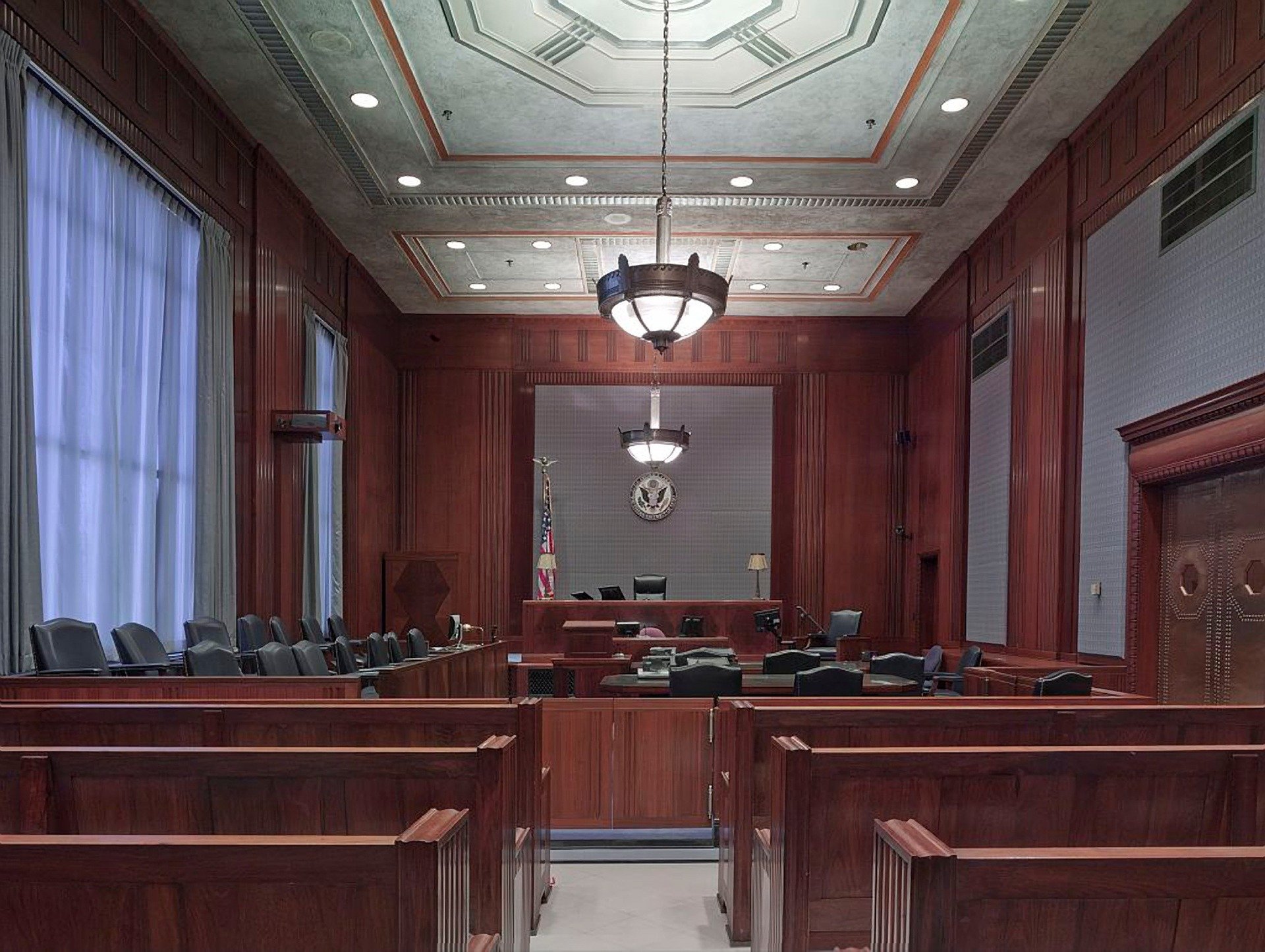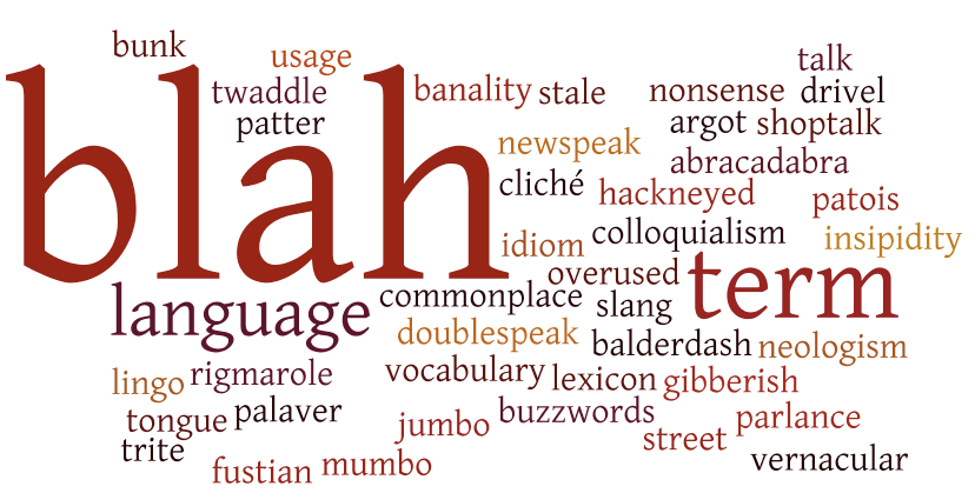Traditional, honorable, and deferential are common descriptors for communication in the legal profession. Each word conjures thoughts of the formal and respectful tone which is used throughout legal writing—especially pleadings like briefs, motions, declarations, and responses. Embracing formality in legal writing does not require dense legalese or overly complex language, but it does require excluding casual expressions or colloquialisms.
The difference between formal and informal language is called register, which refers to the level of formality in a piece of writing. It’s why you’d never say y’all while standing in a courtroom addressing a judge. The informality of your word choice does not match the formality of your location. A mismatch in formality can be jarring and may undermine the reader’s confidence in the writer or speaker.
Examining Register with Y’all
Let’s take a closer look at y’all. Y’all in court might seem strange, not only because a judge is just one person and y’all is plural, but also because y’all is informal. So even though y’all means you all, you’re unlikely to say y’all to a three-judge panel. I’m assuming you know better. Don’t even think about it. Further, I’m assuming you know that if you put it in a pleading, your computer will melt, and if you print a hard copy, it will spontaneously combust.
You likely adjust your register (perhaps unconsciously) for different occasions. If you’ve tried a case to a jury, get the transcript and compare how you speak to the court versus how you speak to a witness or to the jury during voir dire. You might see that you speak formally to the court (at least if you don’t find yourself often being held in contempt) and much more informally to the jury or to a witness. If you normally use y’all in ordinary conversation, you might say y’all in voir dire. Depending on the case, the jury, and you, you might even say it during closing argument, and it’s highly likely you’ll say it in mediation.
As an aside, if you normally sound like the Queen of England or Benedict Cumberbatch, don’t say y’all ever, because then it’s an affectation. You’ll lose credibility with the jury, and the ones who do say y’all will wonder if you’re mocking them. In other words, it will backfire. But if y’all is part of your natural vocabulary, you might sometimes say it in court, perhaps to the jury during voir dire. If you’re a good enough litigator, you’ll know when you should speak formally and when you can say y’all. If you’re saying y’all to the jury, then the rest of your speech would be similarly less formal. For a fun story imagining how Southerners started using y’all, check out this Writing Tip.
Register is Like Dress Code for Your Language
We dress differently for various occasions, and we use different language registers in different settings. Showing up in a tuxedo to get coffee with a friend would be odd; it would also be strange to wear sneakers to court. Similarly, register exists on a spectrum from most formal and stilted to least formal and ever-evolving. There are five registers of language: ceremonial, formal, neutral, informal, and casual. Each has specific traits and appropriate contexts. A casual conversation with a friend uses a different register than a formal meeting or courtroom appearance. Failing to identify and use the correct register can lead to writing that feels either too formal or too casual for the intended audience.
Sometimes, it might be strategic to be unexpectedly informal. For example, informality might humanize you—and your client—to the jury. If you’re looking for emotional appeal, less formal speech might be more persuasive. Under the wrong circumstances, it might be the equivalent of showing up to the courthouse in a ratty sweatshirt and no pants. You must rely on your instincts as a litigator to hit the right register.
The Takeaway
Pay attention to register when you’re speaking. Sometimes, slipping into less formal speech can be useful, but when you do, do it right.
- Most of the time, use formal speech in litigation
- Sometimes—when speaking to the jury or in mediation—you might not have to use formal speech
- Sometimes it may even be better to use informal speech
- This depends on the case, the parties, the court, and the rules of formality in your location
- When to use informal speech is a matter of instinct
Formal v. Informal: Find the Right Balance
Using the right register in your communication is one ingredient for making a good impression. If you tend toward informality and you have trouble recognizing when casual language would be inappropriate, WordRake can help. It will help you convert overly informal language to professional language and check for other weaknesses in your writing.
WordRake Helps You Spruce Up Informal Language
Of course, it is probably a safe bet that management Management and the employees likely probably felt differently about the freeze on raises.
Users want to have the final say as to decide whether third parties can access their data.
It was also a sure bet that they’d They’d probably tried to get in through the back door.
It is said that the The collective cost of snow removal costs in the neighborhood of around $60,000,000 every year.
It’s also fair to argue that writers Writers should be fairly compensated for their work.
I feel like it is pretty fair to say that he He looks for the best in people.
It is reasonable to point out that freer Freer trade does have has costs.
WordRake Will Also Help You Fit In with Clearer, Less Formal Language
It is critical that the The company must have adequate safeguards.
The plaintiff must submit evidence that casts sufficient enough doubt upon each of the statements each statement so a jury could reasonably conclude that each statement was a fabrication lie.
It is important that the The people on these medications should never stop taking them.
She made a request that asked for Bob go to the meeting.
His concern hasn’t abated; it seems to have grown with the passage of over time.
She claims to need says she needs financial support but the profusion of her many shoes suggest she has plenty of disposable income.
An injured person may change their locomotion movement to continue working.
Mastering the art of register and tone in legal writing is essential for effective legal communication. While the default in legal settings leans towards formality, understanding when and how to appropriately use a less formal register can enhance communication with clients and in certain legal proceedings. Remember, the goal is to communicate clearly and respectfully, fitting the language to the context and audience, without losing sight of the formality that the legal field demands. Using y’all serves as a perfect example of this balance – appropriate in some contexts, but out of place in others. As lawyers, our challenge is to navigate these nuances, making sure our language always aligns with the professional and dignified nature of our work. To help you find the right tone for your writing, try WordRake. It runs in Microsoft Word and Outlook, and its suggested changes appear in the familiar track-changes style. Try WordRake for free for 7 days.








